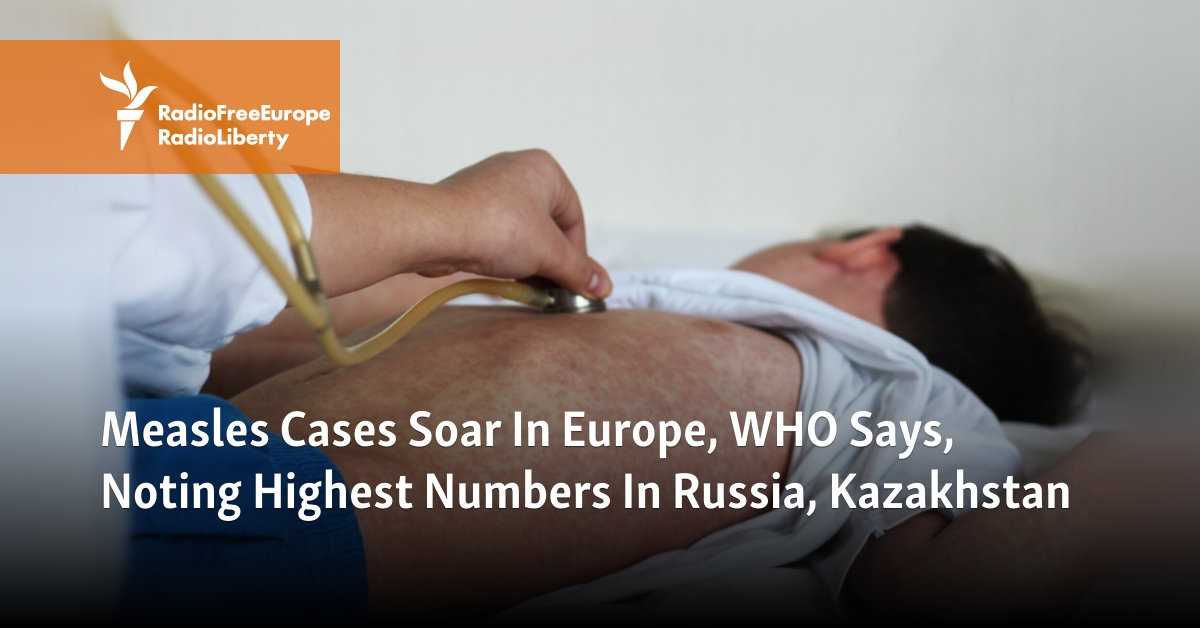Health
Measles Cases Soar in Europe, Prompting Concerns of Spread to Australia

The World Health Organisation (WHO) has issued a warning about the alarming rise in measles cases in Europe, raising concerns that the infectious disease may spread to Australia. In just one year, the number of measles cases in Europe skyrocketed from 941 in 2022 to a staggering 42,200 in 2023.
Measles, a highly contagious virus, spreads easily through airborne transmission, particularly when an infected person coughs or sneezes. While children are the most susceptible, anyone can be affected.
Dr Stefanie Vaccher, an epidemiologist at the Burnet Institute, emphasized the high level of contagiousness of measles. She highlighted that a single infected person can potentially spread the virus to up to 18 others. Thus, in order to prevent an outbreak, it is crucial that “virtually everyone” who is not immunocompromised receives both doses of the measles-mumps-rubella (MMR) vaccine, aiming for a vaccination rate higher than 95%.
Unfortunately, vaccination rates against measles have been declining globally. The WHO reported that in Europe alone, 1.8 million infants were not vaccinated between 2020 and 2022. Vaccher attributed this decline to various factors, including vaccination delays during the COVID-19 pandemic and increased travel, which puts more people at risk.
The risk of measles taking hold in a population is exacerbated by people choosing not to vaccinate. While the first dose of the MMR vaccine is recommended at 12 months of age, the Northern Rivers region in New South Wales has some of the lowest vaccine coverage rates in Australia. This creates a vulnerable population where measles can easily spread.
Vaccher emphasized the importance of remaining vigilant about vaccination, stating that it is the only effective way to prevent an outbreak. She highlighted that even if an individual were to contract measles after returning to Australia, if those around them were immunized, the virus would not be able to spread further.
NSW Health has urged all residents to be alert for symptoms of measles, including fever, runny nose, swollen eyes, cough, and a distinctive red rash. Anyone with these symptoms should contact their doctor and inform them in advance to allow for appropriate isolation and prevention of further spread.
Measles vaccinations have played a crucial role in preventing deaths, estimated to have saved 56 million lives between 2000 and 2021, according to the WHO.












